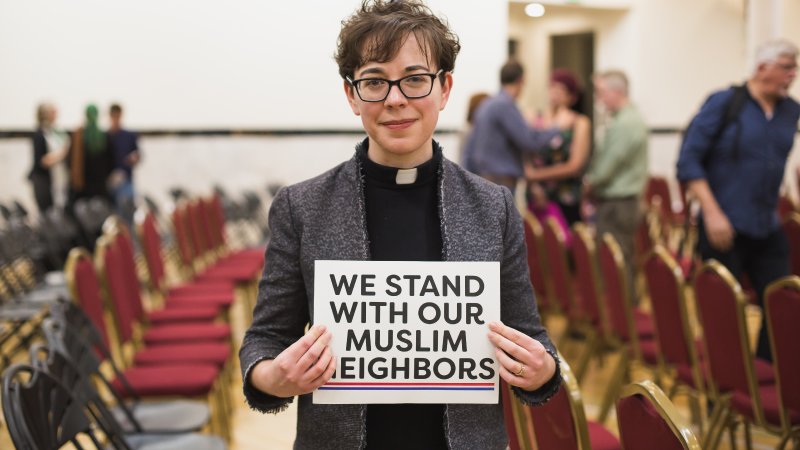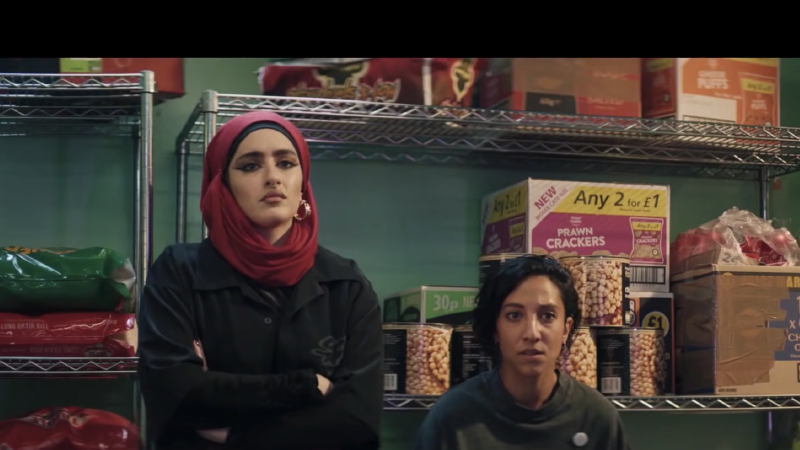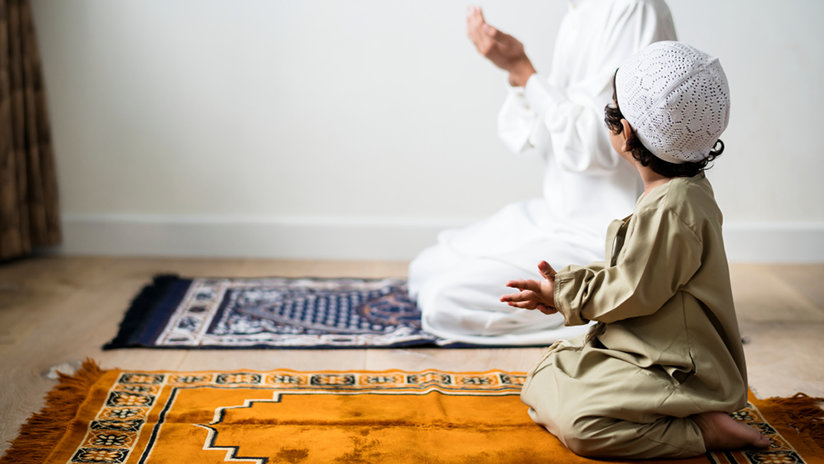
-
HOME
-
WHAT IS STANDOur Mission Our Values Our Help Contact
-
WHAT WE FIGHT FORReligious Freedom Religious Literacy Equality & Human Rights Inclusion & Respect Free Speech Responsible Journalism Corporate Accountability
-
RESOURCESExpert Studies Landmark Decisions White Papers FAQs David Miscavige Religious Freedom Resource Center Freedom of Religion & Human Rights Topic Index Priest-Penitent Privilege Islamophobia
-
HATE MONITORBiased Media Propagandists Hatemongers False Experts Hate Monitor Blog
-
NEWSROOMNews Media Watch Videos Blog
-
TAKE ACTIONCombat Hate & Discrimination Champion Freedom of Religion Demand Accountability
Todd Green: Why This Christian Minister Fights Anti-Muslim Hate
Todd Green was tongue-tied. Like his fellow clergy in Waco, Texas, after 9/11 he was at a loss for words when his congregation demanded answers as to what happened—What sort of people would do such a thing? Who are they? Why would they attack us?
Seminary education circa the late 20th century did not anticipate such questions, so Todd and his theological colleagues were mute at a moment when their people needed answers most.
“I resolved at that moment never again to be so flat-footed,” Green, the CEO of America Indivisible and a Presbyterian minister, recalls.
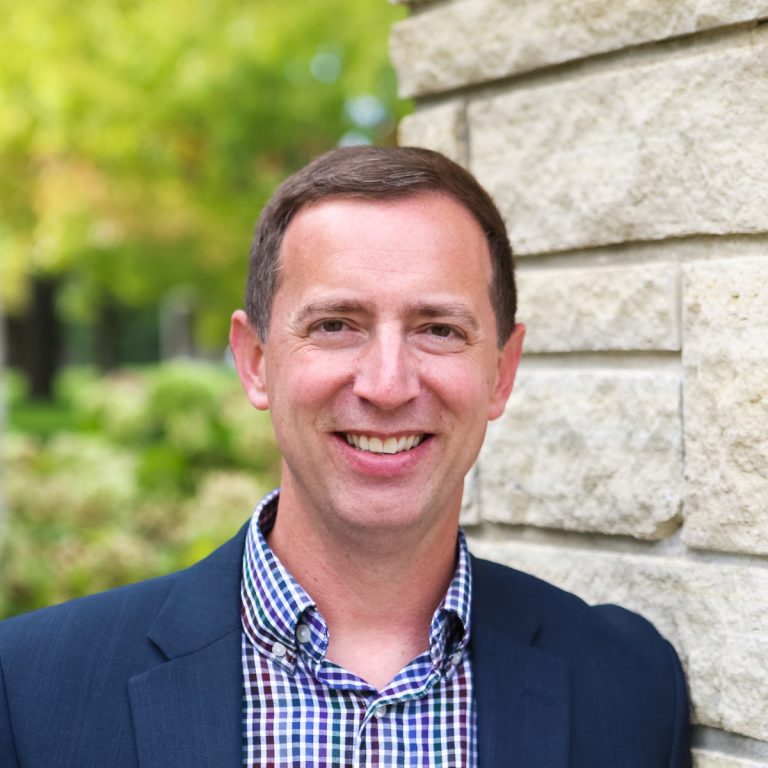
Todd Green kept his promise to himself. He is now a nationally recognized expert on Islamophobia. He served as a Franklin Fellow at the U.S. State Department, where he analyzed and assessed the impact of anti-Muslim prejudice on violent extremism, refugee and migrant policies and human rights. He has also lectured extensively on Islamophobia at various universities as well as at federal agencies, including the FBI and the Department of Homeland Security.
And he is now playing the long game against bigotry through America Indivisible, a nonpartisan, nonprofit coalition addressing the rising bigotry against Muslims and those who appear to be Muslim from Black, Arab, Sikh and South Asian American communities.
“Knowledge about Islam as such is helpful, but in my experience it’s the relationships that are really key.”
“With bigotry there are no quick fixes,” Green explains. “A short-term response would be speaking out against Islamophobia, standing with your Muslim neighbors when they’ve been attacked. Long-term solutions involve building relationships, equipping civic leaders with resources, conversations with them on policy. What we do in the trenches is build relationships—and that doesn’t happen overnight. The short game is covered by a lot of organizations.
“We’re doing the long game.”
For America Indivisible the long game begins at the grass roots. “We’re trying to fill a niche that wasn’t addressed enough—building relationships and equipping public servants at the local and regional levels,” he says, referring to the coalition’s Public Leaders for Inclusion Council (PLC) development program. The PLC helps public servants in elected, appointed and professional positions in local, county and state governments explore practices and policies that substitute exclusion with inclusion and suspicion with social resilience in their communities. The officeholders are briefed on the cultural and religious landscape of their areas and on incidents of hate crimes targeting Muslim and other minority communities, as well as getting “tool kits” of best practices for engaging with their communities and building relationships. For Green, having a relationship with at least one or two Muslims is far more important than knowing about their religion itself—hence the long game of developing relationships between government and community, between group and group, person and person.
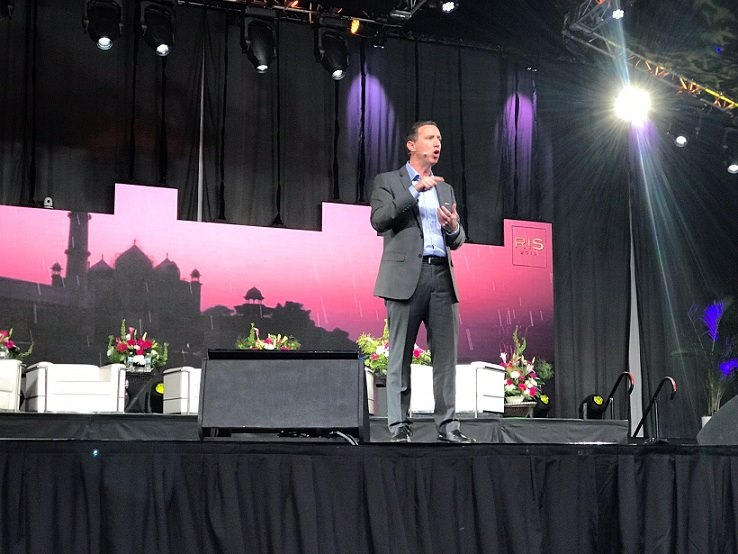
“Knowledge about Islam as such is helpful, but in my experience it’s the relationships that are really key to moving from abstraction to people who are human, who are like me, who have to earn a living, pay taxes, take the kids to school. There’s no huge difference in day-to-day living. When you build relationships across racial and religious boundaries, you tend to reduce prejudice. If I were granted one wish by a genie it would be that more non-Muslim Americans would have a personal relationship and friendship with a Muslim and through that, learn more about Islam.”
As Green insists, having a relationship with a Muslim and experiencing Islam through their eyes, letting them—rather than a hater—define their religion, inoculates one against Islamophobia with the very simple weapon of, “Well, I know a Muslim, so that bigot is just wrong.”
Green has no illusions about the breadth and depth of his task, which he describes as “a revolution of empathy.” Muslims comprise slightly more than one percent of America’s population, and most Americans do not personally know a Muslim. It was a problem 21 years ago, Green acknowledges, and it’s still a problem today.
“A Muslim can’t wake up in the morning and say, ‘You know, I’m going to take the day off from Islamophobia.’”
Furthermore, Islamophobia is not just a person or group with a bigoted attitude which then manifests in hurtful laws, abuse, crime and exclusion. Islamophobia is a multi-billion-dollar industry, replete with well-funded “think tanks” which are actually propaganda machines, along with “experts” who spread the gospel of hate under the guise of free speech.
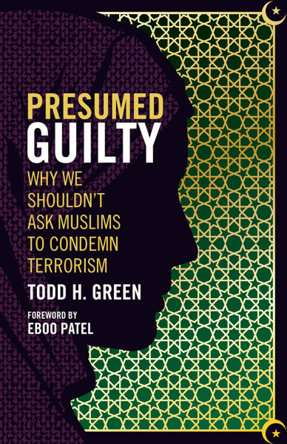
The Islamophobia industry has tapped into the answer hunger from 9/11, the demand to know just who these people are who attacked us—the same demand for which Green’s flock craved clarity two decades ago and for which he had no easy answers. There is an easy answer—a consummately wrong, but profitable, easy answer: “All you need to know is: Be afraid. Be very, very afraid.”
These factors of Islamophobia—the fear, the financing and the profit motive—combine to make Green’s work and America Indivisible’s a long game indeed. But, as he insists, it’s a game that he as a Christian has a moral responsibility to play—and to win.
“A Muslim can’t wake up in the morning and say, ‘You know, I’m going to take the day off from Islamophobia,’ any more than a Jew can take a day off from antisemitism or a Black person can take a day off from racism. You fight this if you’re on the receiving end in order to survive. But if you’re on the majority side, like me, you have the moral responsibility of fighting it. I’m not being targeted with hate crimes. If I go to church, I don’t think the FBI is profiling me or making me a target for surveillance. So it’s a moral responsibility for people like me in a position of power and privilege to address it. And since it is white Christian Americans in particular who are the primary sources of the bigotry, it is we who have this obligation.”
It’s not easy pursuing that moral responsibility, especially when it means spending one’s days, as Green puts it, “studying human beings at their worst.” But as he and America Indivisible continue building those relationships and creating understanding among the good people who make up the world’s majority, playing the long game may yet prove to be the way to win.






